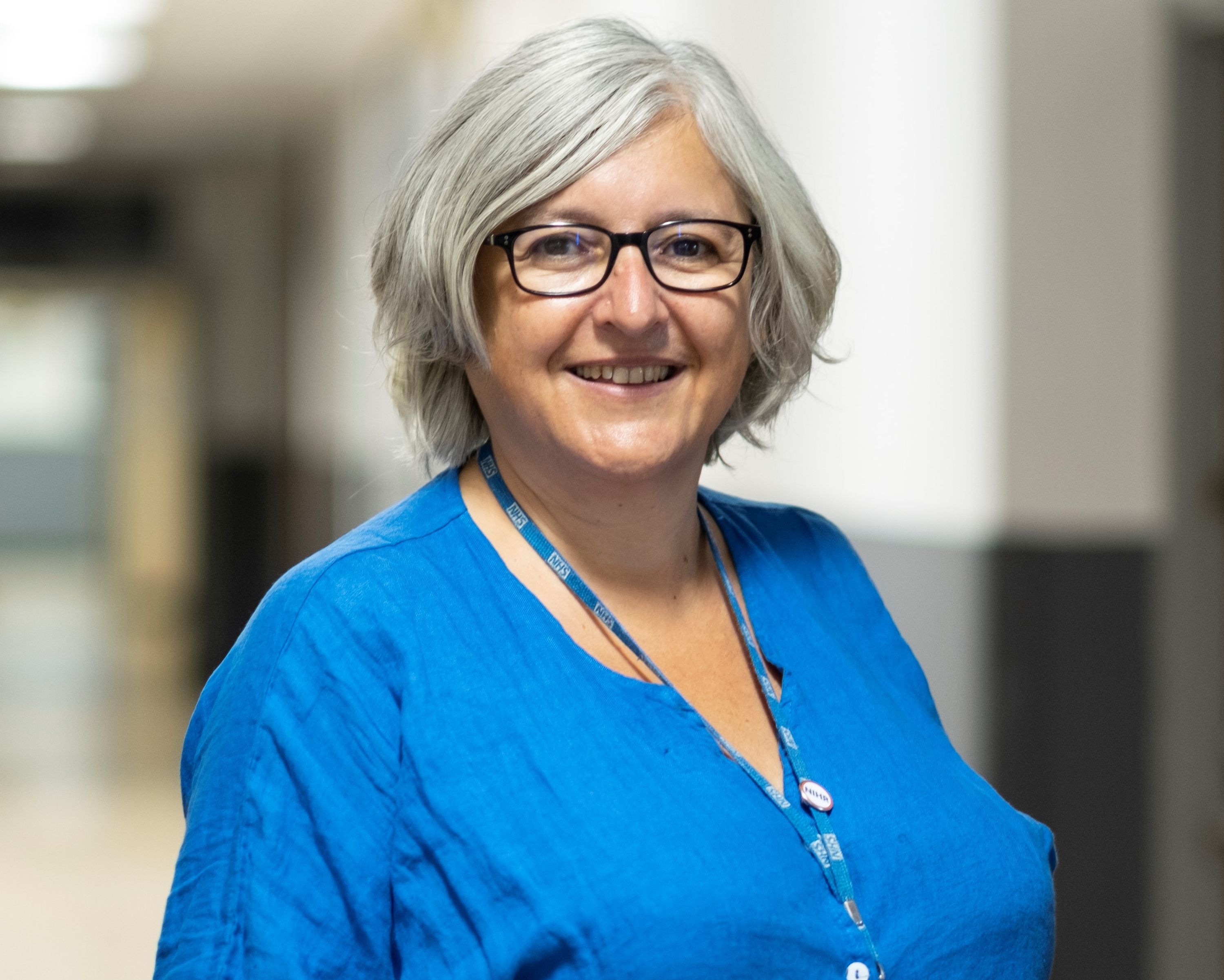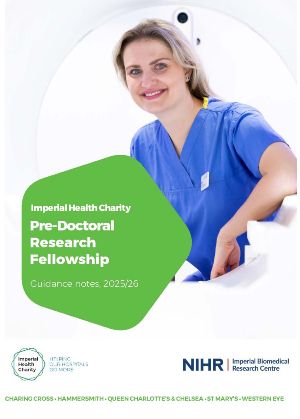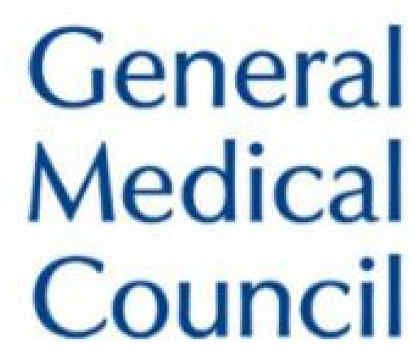 Juliet Albert, pictured here with her colleague Suhad Adam, is a midwife and a previous recipient of an NIHR Pre-Doctoral Clinical Academic Fellowship (PCAF).
Juliet Albert, pictured here with her colleague Suhad Adam, is a midwife and a previous recipient of an NIHR Pre-Doctoral Clinical Academic Fellowship (PCAF).
Common Myth - Debunked
You do not need a Masters degree in order to apply for a pre-doctoral fellowship!
What is a research fellowship?
A fellowship is a funding award that allows you to take time out of your substantive role or training programme to develop research skills and work on research projects.
Depending on your funder, you may have:
- Protected time for doing research and/or developing research skills.
- Your salary costs covered, so that you can keep being paid and your substantive role can be back-filled.
- Time to undertake research training courses, with some fellowships providing funding.
Unlike grants, fellowships are personal funding awards, designed to help an individual to develop, and are as much about the applicant, the training programme and the host institution as they are about the research itself.
What are the different levels of fellowship?
Fellowships are generally offered at three different levels:
- Pre-doctoral (i.e. before you have a PhD) – Pre-doctoral fellowships are an early ‘step’ on the fellowship pathway and they aim to create a strong foundation from which to build an academic or clinical academic career. The purpose of most pre-doctoral fellowships is to equip awardees with the skills and experience to access doctoral-level funding.
- Doctoral (i.e. gaining a PhD) - Doctoral fellowship schemes provide funding to undertake a PhD by research. Some Doctoral fellowships also allow the awardee to undertake further professional development specifically related to the clinical part of their role.
- Post-doctoral (i.e. once you have a PhD) – These more senior fellowships are for researchers who already have PhDs. They provide funding for clinical academic career development - to support the transition towards becoming a fully independent researcher.
Where can I look for funding?
There are several organisations that fund research fellowships for NMAHPPs. When deciding who to apply for funding from, it is really important to think about which scheme is the best ‘fit’ for you. This might involve thinking about things like:
- What you want to do in your fellowship and what your aims are in the longer term.
- What topic you want to research.
- What the research priorities of the funder are.
- The timing/ application window of the funder.
- How much support is offered by the funder, both in terms of your development and experience but also in terms of the financial support they offer.
- What the eligibility criteria are for the fellowship and how these align with your experience/project.
The most common fellowship funders for AHSC NMAHPPs are:
Common Funders
- National Institute for Health and Care Research (NIHR)
- Imperial Health Charity
- The Royal Brompton and Harefield Hospitals Charity
- The Royal Marsden Cancer Charity
- Cancer Research UK
- Other funders
The NIHR run pre-doctoral, doctoral and post-doctoral fellowships. The most common pathway for clinicians is the Health Education England (HEE) / NIHR Integrated Clinical and Practitioner Academic (ICA) Programme which provides research training awards for health and social care professionals who wish to develop careers that combine research and research leadership with continued practice and professional development.
The ICA Programme comprises four schemes, tailored to support the practitioner academic leaders of the future:
- HEE Internship Scheme/ HEE Bridging scheme
- HEE/NIHR Pre-doctoral Clinical and Practitioner Academic Fellowship (PCAF)
- HEE/NIHR Doctoral Clinical and Practitioner Academic Fellowship (DCAF)
- HEE/NIHR Advanced Clinical and Practitioner Academic Fellowship (ACAF)
In 2023, the NIHR also announced 2 new funding schemes, as part of a wider portfolio of support for health and social care professionals. These are:
- Pre-Application Support Fund: For those who require additional support to prepare a competitive application. Funding can be for up to 12 months.
- Senior Clinical and Practitioner Research Award (SCPRA): The SCRPA provides up to 5 years of funding for
post-docs to engage in research activities. It provides funding for 20-50% protected time from within the individual’s current role to cover salary, training, and development. The scheme can also help individuals requiring support to develop their track record as an academic leader which could enable them to submit a competitive application for further funding.
View the NIHR website to find out more about each fellowship, including applicant guidance notes, what support is offered and exactly when they open for applications.
Open to applicants working at Imperial College Healthcare NHS Trust, the Imperial Health Charity offers both pre-doctoral and post-doctoral fellowship schemes.
The Imperial Health Charity website is very helpful for applicants and contains guidance notes and sample application forms for pre and post-doctoral fellows.
The Royal Brompton and Harefield Hospitals Charity in partnership with the hospitals research office funds pre and post-doctoral fellowships.
Via their website you can find lots more information about RBHH charity fellowships, including application forms, guidance documents and an application timeline.
In 2021/22 the Royal Marsden Cancer Charity ran a pre-doctoral fellowship scheme for nurses, allied health professionals, and pharmacists who were looking to begin their academic career.
More information on that scheme can be found on the charities website.
Cancer Research UK offers pre and post-doctoral research bursaries which provide funding to either start or progress a clinical academic career.
More information can be found on Cancer Research UK’s website.
As well as those common funders listed above, there are many other organisations which offer fellowships. We've listed a few more below but this list isn't extensive.
- RM Partners Pan London Cancer Alliances Research Fellowships
- Medical Research Council (MRC) Clinical Academic Research Partnerships (CARP)
- Wellcome Trust PhD Fellowships for Health Professionals
- British Heart Foundation Research Training Fellowships for Nurses and Healthcare Professionals
- British Heart Foundation Career Development Research Fellowships for Nurses & Healthcare Professionals
- Stroke Association Post-Doctoral Fellowships
- It is also worth looking at websites of charities related to your own specialty in case there are opportunities. This grant finder from the Association of Medical Research Charities may also be helpful.
What should I do if I want to apply for a fellowship?
If you are thinking about applying for research fellowship then the most important thing you should do is speak to your Trust research contact. They will have helped many people apply for fellowships before and will be a great source of support and guidance throughout your application.
Here are some other useful things you can do before applying:
- Attend CATO’s next ‘preparing for a pre-doctoral fellowship’ event (runs annually in October) or ‘preparing for a PhD’ event (runs annually in March). Email CATO for information.
- Watch some of these NIHR webinars:
- ‘Introduction to the Pre-doctoral Clinical Academic Fellowship (PCAF) scheme.
- ‘How to develop a competitive PCAF application’
- ‘Tips for applying for an NIHR Pre-doctoral Fellowship’
- Read ALL the guidance on offer from your chosen funder carefully and in detail.
- Talk to your manager about your plans and ensure your plans are highlighted at your appraisal.
- Look for a supervisor. If you don’t know where to find one, try speaking to your research lead about how to find a suitable supervisor for your plans.
- Reach out to your funder and see if they offer any drop-in/ pre-application chats where you can ask them questions about the process.
- Start as early as possible! Applications take lots of time, so it's important to start as early as you can. This includes getting support early from your mentor, supervisor, manager, finance, signatories, etc.
Live fellowship opportunities
Useful links
Contact us
The CATO Team and Radiographers Incubator work on a Hybrid model, combining days in the office with days working from home – the best way to reach us is by email.
cato@imperial.ac.uk
radresearch@imperial.ac.uk
+44 (0)20 3313 7397



